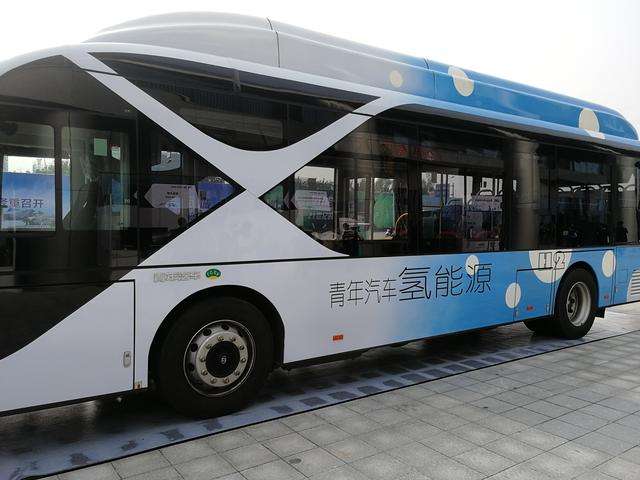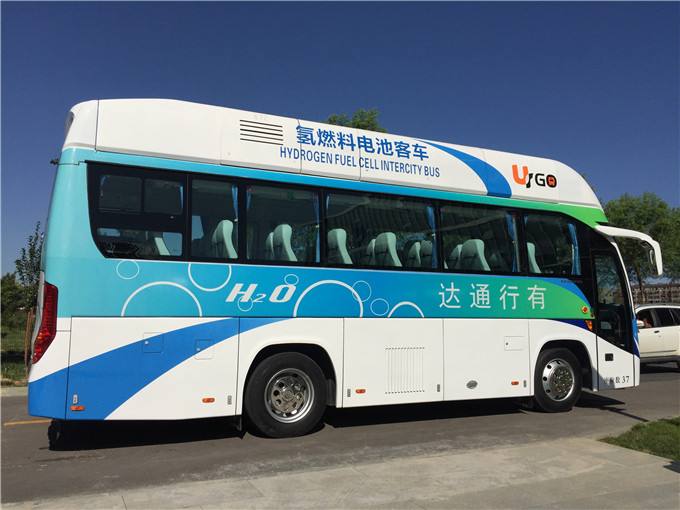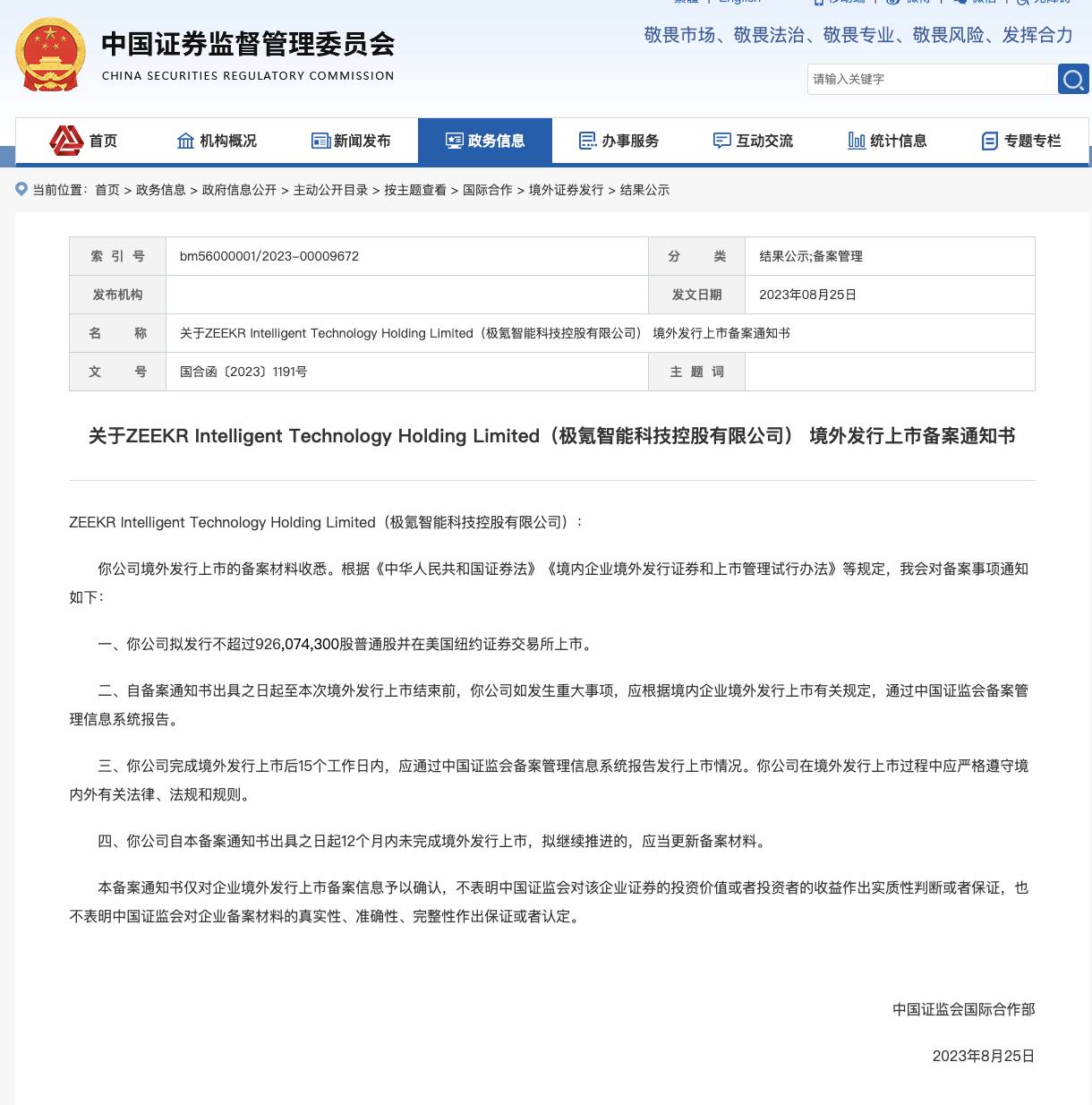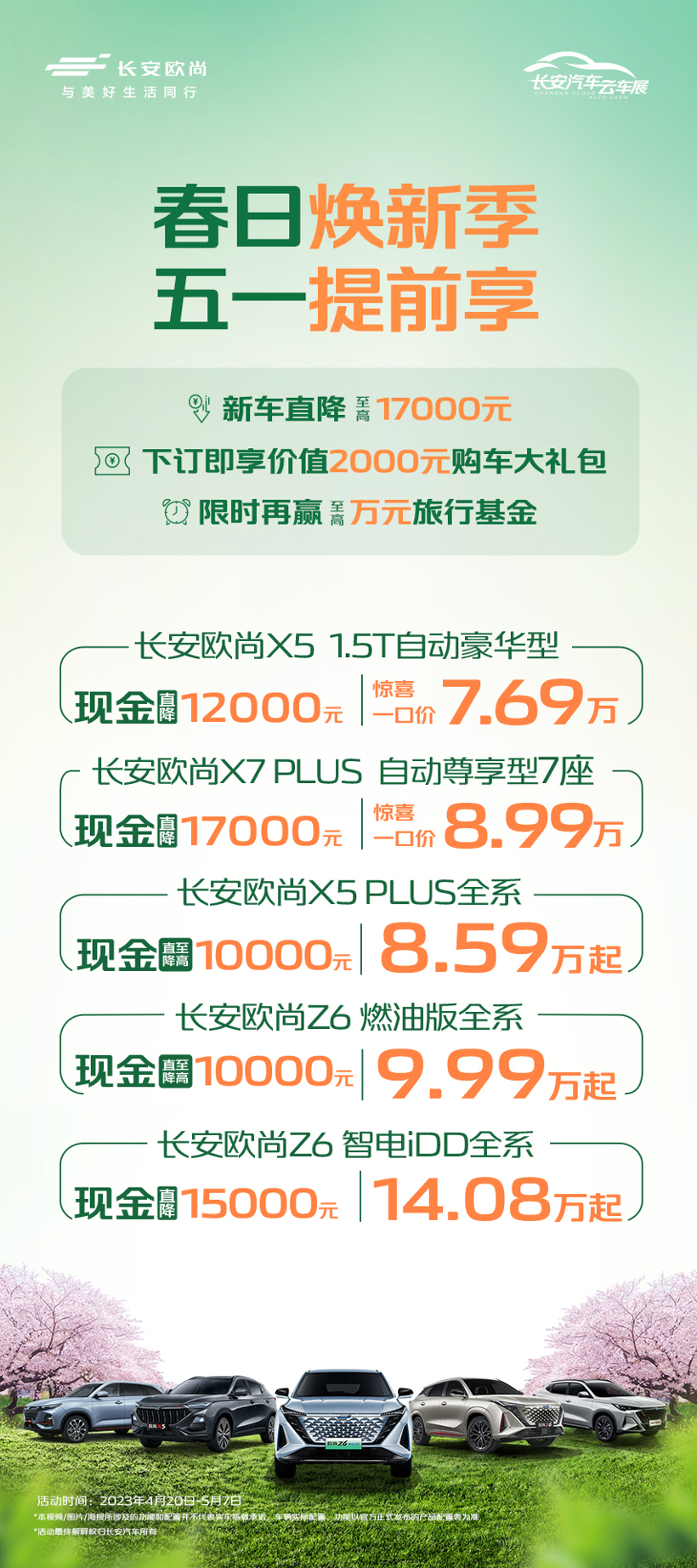In addition to Weibo, there is also WeChat
Please pay attention

WeChat public account
AutoBeta


2024-11-17 Update From: AutoBeta autobeta NAV: AutoBeta > News >
Share
AutoBeta(AutoBeta.net)10/13 Report--
Hydrogen fuel cell vehicles are one of the ways to realize clean energy, but there are still some obstacles in infrastructure, cost, storage, transportation and technology, which lead to difficulties in popularization and use, even if the state gives large subsidies. At present, hydrogen fuel cell vehicles in the field of domestic passenger vehicles have hardly been used.
Chen Hong, chairman of SAIC Group, suggested in the "two sessions" proposal that local subsidies should be allowed to maintain a certain proportion of supporting support for the purchase of fuel cell vehicles after 2019. At the same time, it is suggested that the Ministry of Finance continue to subsidize fuel cell vehicles after 2021.
The Ministry of Finance responded that the subsidy for hydrogen fuel cell vehicles should be withdrawn in accordance with established policies.

It should be noted that China has been supporting the new energy vehicle industry since 2009, including pure electric, plug-in hybrid and hydrogen fuel cells, which are all on the subsidy list. With the passage of time, the pure electric and plug-in hybrid market has gradually formed. Subsidies have also fallen sharply, and plan to withdraw all of them by 2020. However, hydrogen fuel cell vehicles are not included in the subsidy downhill. In March this year, the Ministry of Finance also said in the new subsidy policy that the subsidy standards for fuel cell vehicles would be explained separately.
At present, the state subsidy for hydrogen fuel cell vehicles still follows the 2016 standard, that is, 200000 yuan per passenger car, 300000 yuan per light bus and truck, and 500000 yuan per heavy truck and bus.
In response to the proposal put forward by Chen Hong, chairman of SAIC, during the national "two sessions" in 2019, the Ministry of Finance responded that keeping the subsidies unchanged at present is due to the fact that fuel cell vehicles are expensive and have a weak industrial base. However, long-term implementation of the subsidy policy will lead to over-reliance on enterprises, making it difficult to cope with market competition. The Ministry of Finance also said that China's fuel cell vehicle industry has not made a breakthrough and its development is still slow with long-term strong support, so the subsidy retreat should be completed in accordance with the established policy in policy design.
It means that the Ministry of Finance plans to withdraw subsidies for hydrogen fuel cell vehicles at the same time as the pure electric and plug-in hybrid technology, and is likely to withdraw all subsidies after 2020.
In addition, the Ministry of Finance also proposes to encourage local authorities to introduce policies on the construction and operation of charging (hydrogenation) infrastructure and the use of new energy vehicles.

During the two sessions of the National people's Congress in March this year, both Chery Automobile and Great Wall Motor proposed to speed up the development of hydrogen fuel cell vehicle industry.
Yin Tongyue, chairman of Chery, submitted to the conference the proposal of "unified planning for upgrading the hydrogen energy industry to the national energy strategic level", hoping to speed up the development of China's hydrogen fuel automobile industry. Chery has completed the development of a 12-meter fuel cell bus and a fuel cell logistics vehicle, which will soon be put into operation in cities such as Wuhu. Chery has also developed a fourth-generation fuel cell vehicle.
Wang Fengying, vice chairman and president of Great Wall Motor, also put forward suggestions to promote the comprehensive and balanced development of hydrogen fuel cell vehicles, believing that the progress of hydrogen energy infrastructure construction, especially the construction of hydrogen filling stations in China is very slow, which has seriously affected the development pace of domestic fuel cell vehicles.
She suggested that the state should change the form of subsidies for hydrogenation stations and increase subsidies; formulate relevant policies to focus on the research and development of key technologies for hydrogen fuel cells for vehicles, as well as research and development of core technologies such as hydrogen production, hydrogen storage, and hydrogenation; integrate high-quality resources, encourage cooperation among various parties, set up a "national team" for the construction and operation of hydrogenation stations, and uniformly plan the infrastructure construction of hydrogen fuel cell vehicles in China.
Pure electric and plug-in hybrid electric vehicles have formed large-scale industrialization under the state subsidy, but the development of hydrogen fuel cell vehicles is slow. After the withdrawal of subsidies in the future, the road of scale industrialization will be more tortuous.
Welcome to subscribe to the WeChat public account "Automotive Industry Focus" to get the first-hand insider information on the automotive industry and talk about things in the automotive circle. Welcome to break the news! WeChat ID autoWechat
Views: 0
*The comments in the above article only represent the author's personal views and do not represent the views and positions of this website. If you have more insights, please feel free to contribute and share.











© 2024 AutoBeta.Net Tiger Media Company. All rights reserved.